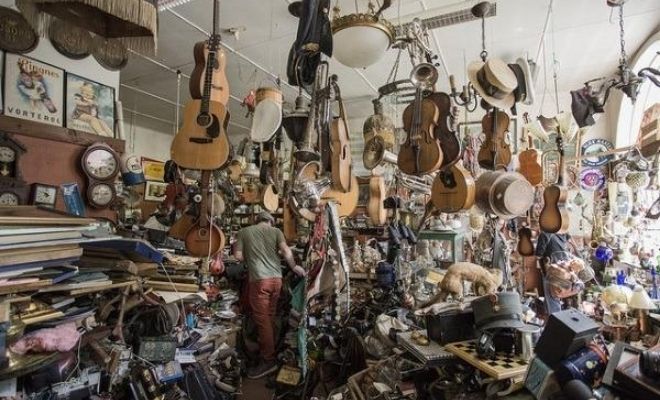Is your home stacked up with piles of magazines, newspapers, cardboard boxes and clothes? Do you find yourself having a hard time throwing away things or in a continuous habit of collecting items that you may think are valuable? It’s time you come to a realisation that you or a family member may be a hoarder and suffer from hoarding disorder.
To be able to deal with hoarding, you first need to understand what exactly is hoarding.
Understanding hoarding:
Hoarding simply defined is a behavioural disorder characterised by excessive acquisition of large quantities of objects that are usually unneeded or have no value along with a feeling of overwhelming anxiety or discomfort on the thought of discarding these objects. Hoarding disorder is also referred to as compulsive hoarding and has its significant share in health risks as well as can have other adverse effects on the family and friends of the hoarder.
Hoarders usually have a sentimental attachment to things they collect and believe that the items will be useful someday, even though lay people may find it useless. Hoarders usually collect things like newspapers, books, magazines, clothes and even food items.
An important fact to consider is that hoarding cannot be curbed instantly. It takes years to overcome, the exact same way as it took years for the hoarder to develop the disorder.
Dangers of hoarding:
Hoarding greatly endangers one’s health and that of others living around. The clutter may contain dirt, insects, rodents, and a lot of hidden bacteria unseen to the naked eye.
Hoarded sites may also be commonly infested with mould growth. Mould spores can be harmful to those living around as they may trigger allergic reactions in sensitive individuals.
Besides mould growth, hoarding affected places may also have insects/bugs reproducing and can be very dangerous if disturbed in their environment. Cockroaches, lizards, and rats may also carry and spread diseases around and the urine and faecal matter they leave behind can spread airborne bacteria. A hoarding site, gradually over a period of time, may become a host for sickness.
Another common problem with hoarding is structural damage and tripping. Rooms filled with newspapers and books may weaken the flooring support, enough for it to go crashing down. Tripping hazards from clutter may also be a death trap either for the hoarder or cleaners trying to clear the mess.
Tips to control hoarding:
1. Digitalise
Go digital. Digitalising your things consumes less physical space and makes it easier to organise. Photos, newspapers, journals, bank documents, bills, etc. can all be safely stored at home. This will help you battle out most of your hoarding problems, with the added advantage of giving you privacy.
2. Toss out
Go through all your stuff. Take each item out individually and think, whether you really need it, will it be of any use to you or somebody else or is it completely of no use and needs to be tossed out? Separating out items in this manner makes it easier to clean a hoarded room. The items of no use could be put in one bag and then be discarded. Making small decisions like this will actually help achieve your ultimate goal of clearing out all the hoarding.
3. Organise your collections
Items of one type could be stashed in one place. For example, magazines could be put in drawers, pencils and pens in pen stand holders, cleaning items in the bathroom and so on. Neatly organising and maintaining your things at home will keep them from getting hoarded.
4. Shop only what you really need
Impulsive buying is a prime source for clutter at homes. Only buy things that you have planned to. Avoid spontaneously buying from sales, or even buying items you think are rare and expensive and you may think won’t be there tomorrow. This tip will help you prevent your clutter from growing.
5. Donate and consign
If you have unused items that you no longer need, consider giving them for donation. Giving these items to somebody who actually needs them may be beneficial to both parties, you free your home of a lot of space.
If the hoarding is too severe, feel free to contact a professional hoarding cleanup company. At One Prime Remedial Solutions we also offer one-on-one personal assistance to organise and sift through the hoarded matter. We are always here to help!
